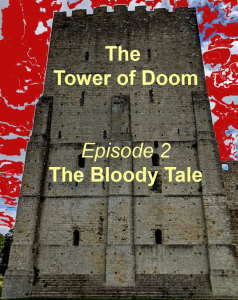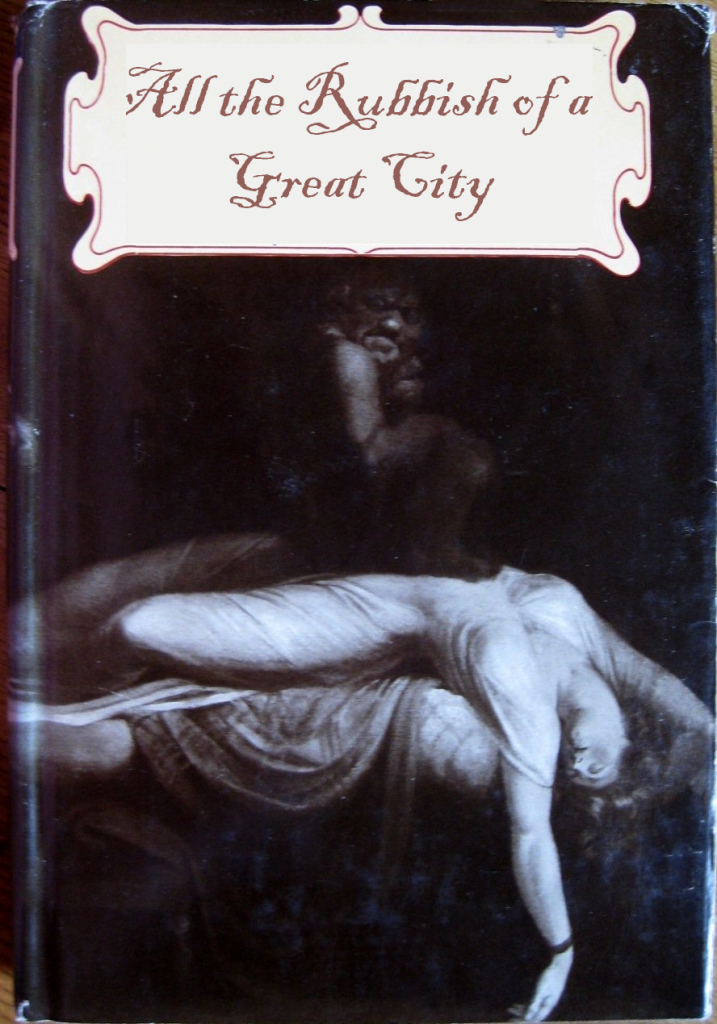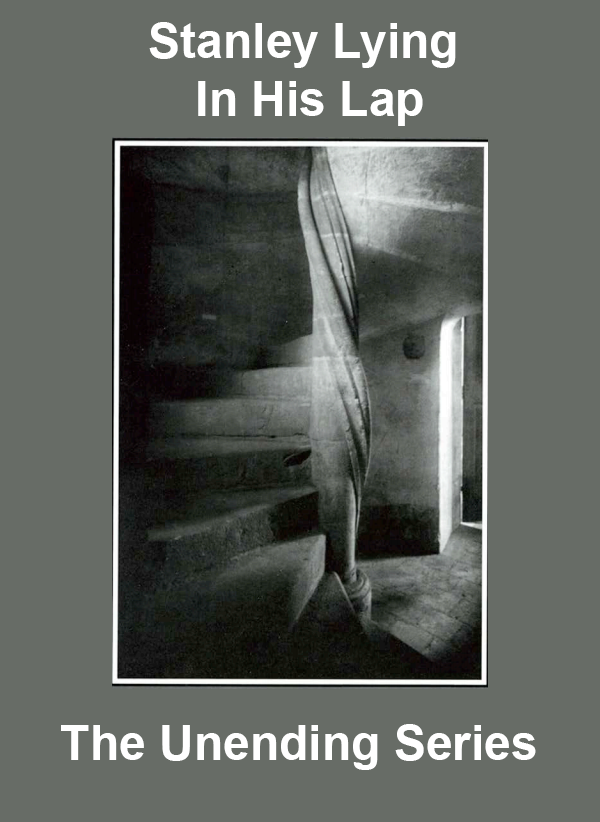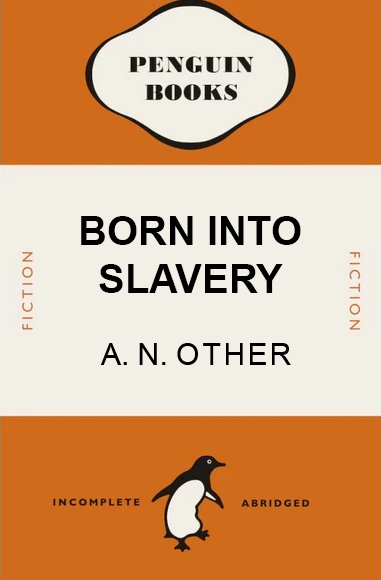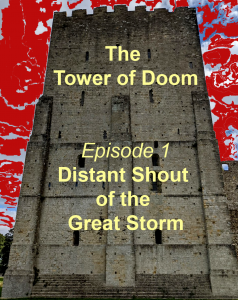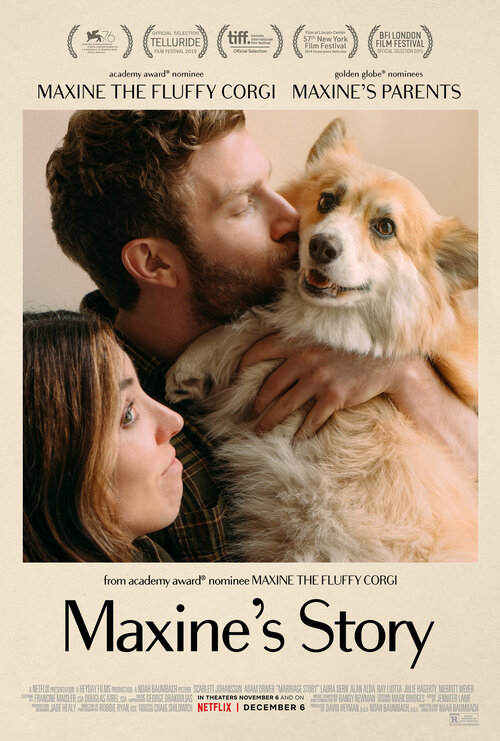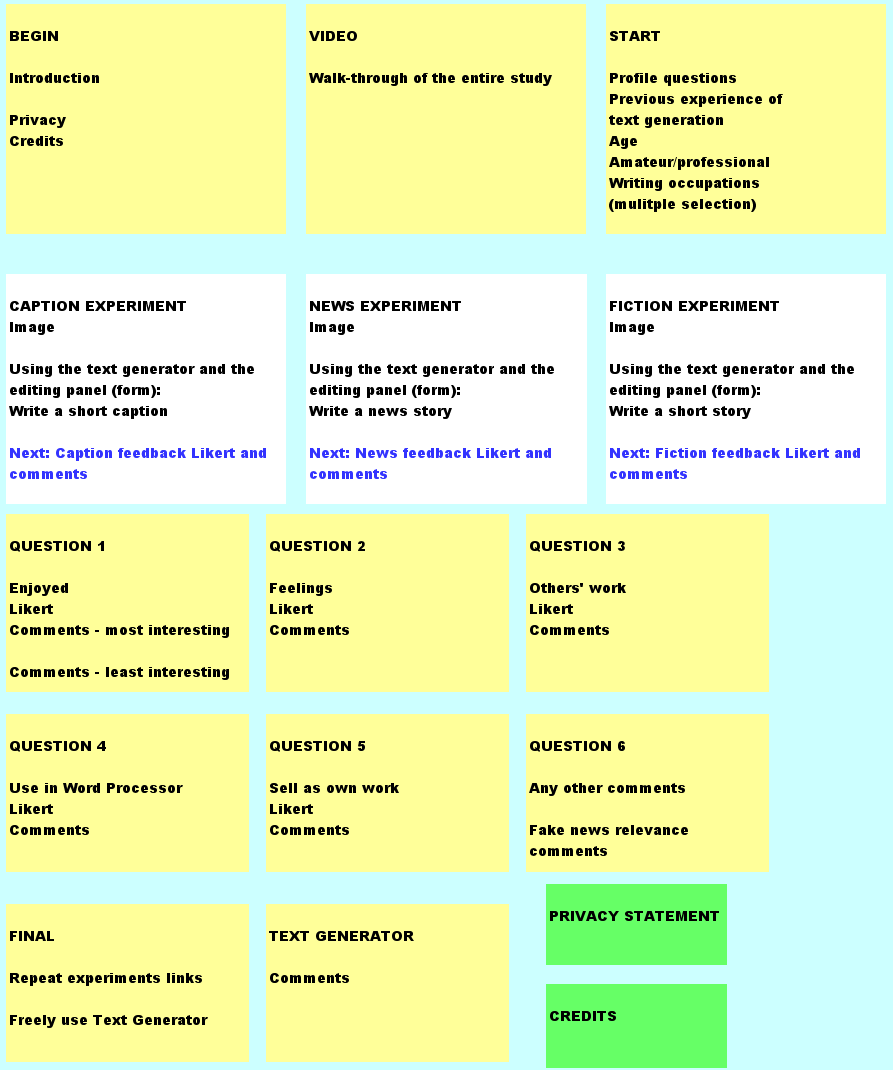(Updated frequently) A long list of writing software that uses AI, quoting their by-lines (more than 50 now)

AI text processing writing software, also including Notes Story Board (zooming), Granthika, Scrivener.
Includes NLP and text generation techniques.
October 2021, updated ocasionally – last Nov 2022
After The Deadline
https://www.afterthedeadline.com/
“We use artificial intelligence and natural language processing technology to find your writing errors and offer smart suggestions. Our technology is available under the GNU General Public License. ”
AI Writer
http://ai-writer.com/
“Generate unique text with the ai article writer”
Anyword
“Generate effective copy for ads, emails, landing pages, and content. ”
Articoolo
http://articoolo.com/
“Create unique textual content in a flash”
Autocrit
“The best self-editing platform available for a writer. ”
AX Semantics from Gartner
Increase Your Online Sales With Better Automated Content Writing
Our easy-to-use Natural Language Generation software helps you and your team
Conversion AI
https://www.conversion.ai/
“Your AI copywriting assistant. Now Jarvis can help you write blog articles, social media posts, sales letters, and even books. ”
Copyshark
https://www.copyshark.ai/
“AI powered software that generates ad copy, product descriptions, sales copy, blog paragraphs, video scripts & more.”
Copysmith
https://app.copysmith.ai/
“Supercharge Your Content Brainstorming with AI. ”
Broca
https://www.usebroca.com/
“Create content for every stage of your marketing funnel. Start your first campaign free. Broca generates content for ads, blogs, email, social media, and more using AI. ”
Essaybot
https://www.essaybot.com/
“EssayBot is your personal AI writing tool. With your essay title, EssayBot suggests most relevant contents. It paraphrases for you to erase plagiarism concerns”
Explain Paper
Upload a paper, highlight confusing text, get an explanation. A better way to read academic papers.
https://www.explainpaper.com/
FloWrite
https://www.flowrite.com/
“Flowrite turns words into ready-to-send emails, messages, and posts in your personal style”
Galactica (from Meta – now offline)
https://galactica.org/
“Researchers are buried under a mass of papers, increasingly unable to distinguish between the meaningful and the inconsequential.”
This has been taken offline after three days as it produced too much false information, which is acceptable with normal language production as it can be easily spotted and edited, but not science, where people don’t know the topics, and can’t tell randomly generated science waffle from actual scientific results.
Gavagai Explorer
“Optimize customer perception, boost operational excellence,
manage brand reputation, and detect potential crisis instantly. ”
GenerateAI
https://www.scalenut.com/generate
“With fast, easy, and effective content generation, artificial intelligence is here to take away writing blues”
GoCopy
https://gocopy.io/
“Make writing easier. Team up with our AI-powered writing assisitant”
Grammarly Business
https://www.grammarly.com/
“Professional Communication For Your Team
With Grammarly Business, every member of your team can compose credible, mistake-free writing that makes your business look good.”
Granthika (not AI)
https://granthika.co/
“The writing super-app built by writers.”
Headlime
https://headlime.com/
“Writing copy is time-consuming and difficult. Headlime’s artificial intelligence can take your thoughts and turn them into words, saving you tons of time so you can focus on what matters: your business”
Hemingway App
https://hemingwayapp.com/
“Makes your writing bold and clear.”
Hypotenuse AI
https://www.hypotenuse.ai/
“AI Generated Product Descriptions. Automatically generate copywriting for your e-commerce website in seconds. ”
iAwriter
From Linus Lee.
See Merlot.
A focused environment where you can write freely. Now with lasers.
(iA is information architecrure.)
Ink For All
“Explore over 40 AI writing tools for short form content, ads, email, product, startups and more. ”
https://inkforall.com/writing-tools
Jarvis AI
“Artificial intelligence makes it fast & easy to create content for your blog, social media, website, and more!”
Jarvis has been renamed Jasper because it was the name of Tony Stark’s AI assistant in the Marvel movie Iron Man. Marvel sent a C&D to them. So hello…
Jasper AI
“Artificial intelligence makes it fast & easy to create content for your blog, social media, website, and more!”
Lightkey
https://www.lightkey.io/
“Write Smarter, with Confidence. Take your typing to the next level using Lightkey’s AI-powered text predictions in applications you use every day.”
manuscript.ai
The World’s fastest editing tool became 10x more faster after our latest update.
Merlot
From Linus Lee
See iAwriter
Merlot is a web-based writing app that supports Markdown. It replaces iA Writer
https://merlot.vercel.app/
Muse Creative Content Assistant (Muse CCA)
https://www.musecca.com/Welcome
“Create More. Work Less. 3 Easy Steps! ”
Neuroflash
“Your AI copywriting tool for more conversions with less work.”
NLPCloud
“Text understanding/generation (NLP), ready for production, at a fair price.
Fine-tune and deploy your own AI models. No DevOps required.” (Also has text to image using Stable Diffusion.)
NovelAI
“Driven by AI, construct unique stories, thrilling tales, seductive romances, or just fool around. Anything goes!”
Peppertype AI
https://www.peppertype.ai/
“Your Virtual Content Assistant. Generate better content copies in seconds with the power of Artificial Intelligence”
ProWritingAid (not AI)
“For the smarter writer.”
https://prowritingaid.com/
Sapling AI
https://sapling.ai/
“AI writing assistant for customer-facing teams”
Scrivener (not AI)
https://www.literatureandlatte.com/scrivener/
“Scrivener is the go-to app for writers of all kinds, used every day by best-selling novelists, screenwriters and non-fiction writers”
Story Software (includes Notes Story Board (not AI), Story Live AI (GPT-J), Story Lite) – from Geoff Davis (this blog author)
“The first and best 5 star story board text & images zooming notes app”
Story Live
“AI text generator and editor , with GPT-J Text Synth by Fabrice Bellard.”
https://storylive.com
Sudowrite
“Bust writer’s block and be more creative with our magical writing AI.”
https://www.sudowrite.com/
TextCortex
https://textcortex.com/
“Text Cortex uses its advanced AI to generate Product Descriptions, App Reviews, App Descriptions and many other marketing texts.”
Verse By Verse (poetry)
“Google’s New AI Helps You Write Poetry Like Poe”
https://sites.research.google/versebyverse/
Virtual Ghost Writer
“Writer’s block? Never stare at a blank screen again!”
https://virtualghostwriter.com/
Word AI
https://wordai.com/
“Automatically create human quality content with WordAi. WordAi uses artificial intelligence to understand text and is able to automatically rewrite your article with the same readability as a human writer”
Writesonic
https://writesonic.com/
“With Writesonic’s AI-powered writing tools, you can generate high-performing Ads, Blogs, Landing Pages, Product Descriptions, Ideas and more in seconds.”
Wordtune
https://www.wordtune.com/
“Your thoughts in words. Say exactly what you mean through clear, compelling and authentic writing.”
Writer! (Qordoba)
“AI writing, content intelligence, and AI writing assistants—these are the waystations for what will soon become just simply writing. Writing with the full breadth and depth of your objectives, audience, messaging, and brand at your fingertips.”
WritingAssistant
https://www.writing-assistant.com/
“The most powerful writing improvement software in the world. Powered by advanced artificial intelligence (AI) technology, WritingAssistant can assess and enhance your writing”

